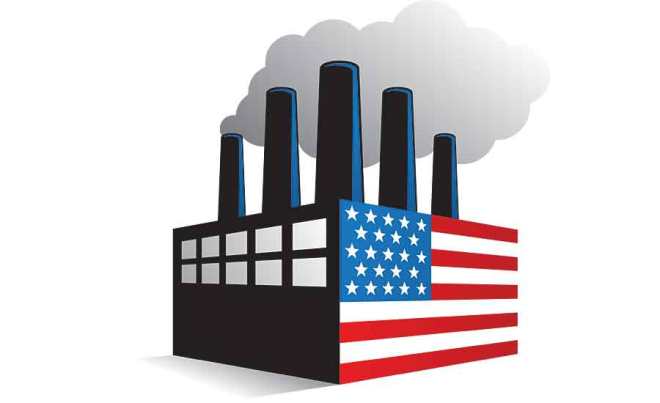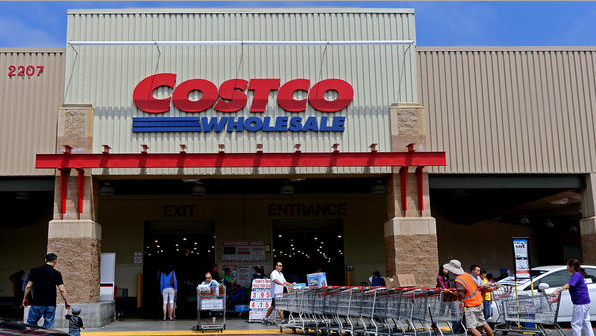 Verity One USA, Inc., a Wyoming based systems integration company, has released a production-ready global supply chain management solution for the legal cannabis industry.
Verity One USA, Inc., a Wyoming based systems integration company, has released a production-ready global supply chain management solution for the legal cannabis industry.
Verity is currently negotiating with substantial marijuana quality assurance labs, distributors, and regulators about initiating its Cannabis supply chain solution, with a focus on compliance with industry-specific requirements.
Verity cites interoperability with legacy systems, onboarding of new participants, as well as defective product recall capabilities as among the planned capabilities of the new blockchain platform. Verity will be able to track and trace Cannabis using unique digital signatures on the blockchain. This provides consumers and distributors with authenticated, immutable data on place of origin, quality assurance, and regulatory compliance for their Cannabis.
Adam Reiser CEO of Verity, systems integration expert, and blockchain pioneer said:
“ The emerging Cannabis industry demands a proven track and trace product management solution with a combination of legacy, blockchain, and artificial intelligence systems. The first visible use case of blockchain was Bitcoin (BTC), but the ideal application of blockchain is supply chain management for categories like Cannabis, prescription drugs, food safety and country of origin labeling.”
Blockchain technology has already been actively deployed in agriculture and food supply chains by industry giants like Walmart and IBM, but the Cannabis industry has remained untouched. For instance, IBM launched its blockchain-based food tracking network “Food Trust” to connect independent parties within the food industry earlier this month. During the August 2017 trial period, IBM partnered with companies of various sizes like Nestle, Dole Food Co., Driscoll’s Inc., Golden State Foods, Kroger, McCormick, Tyson Foods, and Walmart.
Furthermore, U.S. retail titan Walmart has given all its vegetable suppliers a 2019 deadline to join the Food Trust blockchain platform developed by IBM. The blockchain, in the case of agriculture and food, is meant to provide traceability, particularly in cases of disease outbreaks and Verity believes this technology is a perfect fit for the emerging Cannabis industry.








You must be logged in to post a comment.